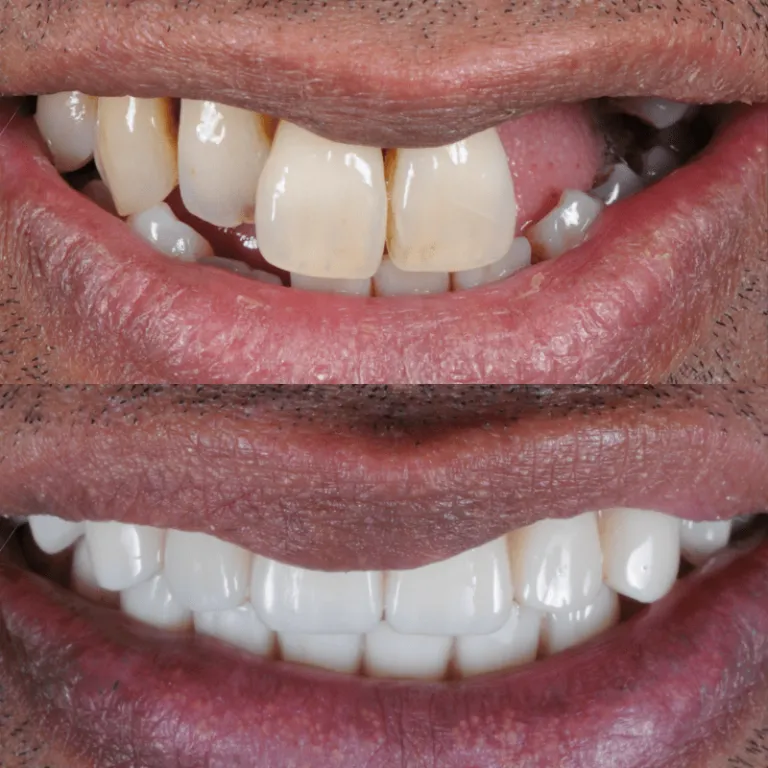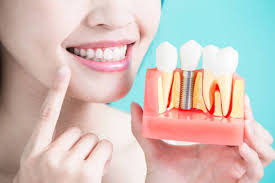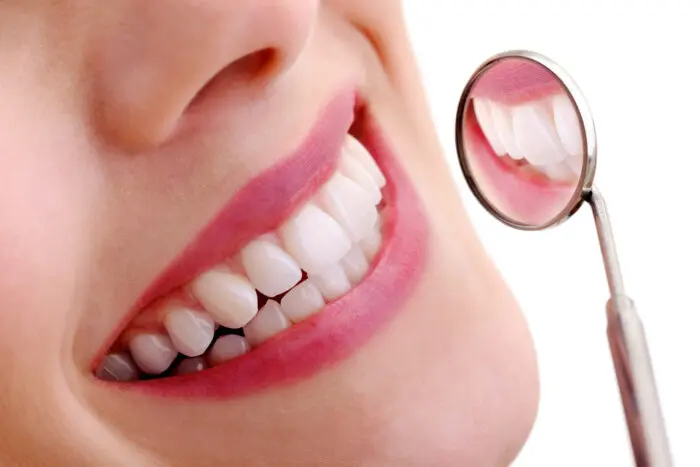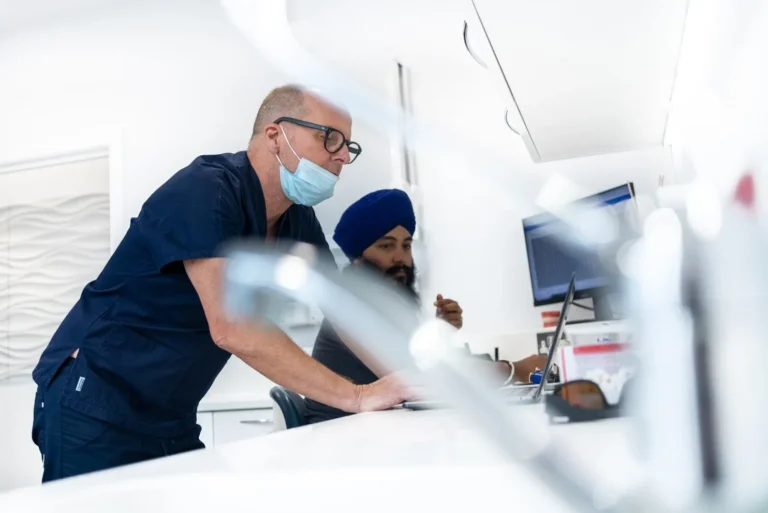The Evolution of Denture Materials
Dentures have been used to restore smiles and improve functionality for individuals with missing teeth. Over time, advancements in materials and techniques have revolutionized dentures, making them more comfortable, durable, and aesthetically pleasing. Here are some key materials used in modern denture fabrication and how they contribute to practical solutions for dental care:
Flexible Resins
Flexible resin dentures are a popular choice thanks to their comfort and adaptability. These are crafted from thermoplastic materials, such as nylon, which allow them to bend without breaking. This feature makes them an ideal choice for people who may experience irritation or discomfort with rigid options.
Flexible resins are lightweight and blend with natural gums, enhancing the overall appearance. Additionally, they won’t easily fracture, making them a resilient alternative for daily wear. Their gentle nature often makes them an approachable option for first-time denture users.
Metal Alloys
Metal alloys play a significant role in partial dentures due to their excellent strength and durability. These materials, typically a mix of cobalt and chromium, create a sturdy framework that supports replacement teeth while remaining comfortable to wear. Metal alloys are incredibly durable, allowing them to withstand the pressure of chewing and daily use over extended periods.
Snap-On Dentures
Snap-on dentures combine user-friendliness with innovation. These attach to dental implants, offering a secure and stable fit that eliminates the concern of them shifting or slipping. Experts make small attachments, usually made from durable plastics or metals, and use them to connect the implants.
Ideal for users seeking a balance between traditional dentures and implants, snap-on dentures aim to offer enhanced stability without requiring multiple implants throughout the mouth. They are easily removable for cleaning, adding convenience to the list of benefits. Their snug fit aims for a more natural feel, enhancing abilities during daily activities.
Implant-Supported Dentures
Implant-supported dentures provide a suitable option for those seeking a permanent and robust solution. Experts secure them directly onto dental implants, eliminating the reliance on adhesives or natural suction. Titanium is typically used for implants due to its strength and biocompatibility, which may promote a stable connection between the jawbone and the denture.
Implant-supported dentures can provide strong stability, enabling individuals to eat, speak, and smile comfortably without worrying about loose teeth. While the process involves a surgical procedure, the outcome is a long-lasting and highly functional solution for missing teeth.
3D-Printed Dentures
3D printing technology is changing denture production. Experts use high-quality resins and precise printing techniques to craft custom fits with incredible accuracy and efficiency. Advanced software scans the patient’s mouth to create digital blueprints, leading to a personalized fit. 3D-printed dentures are manufactured faster than traditional methods, making the process more efficient for both patients and dentists. These are lightweight and affordable, making them an appealing choice for many.
Final Thoughts
The materials used in modern dentures play a key role in their functionality, comfort, and durability. From flexible resins to the cutting-edge technology of 3D printing, a wide range of options is available to meet individual needs and preferences. Whether you’re seeking enhanced comfort or long-lasting predictability, advancements in denture materials provide a solution. Speak with your dentist to determine which material suits your lifestyle and dental health.






